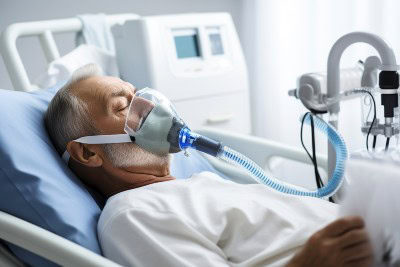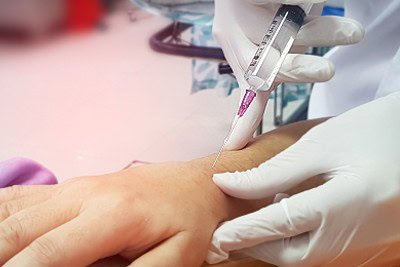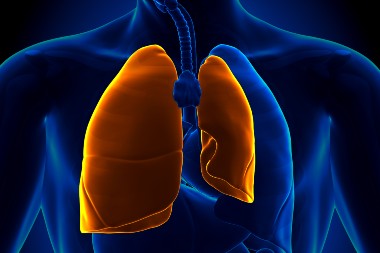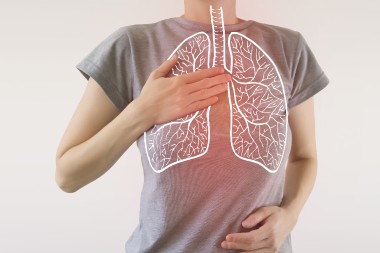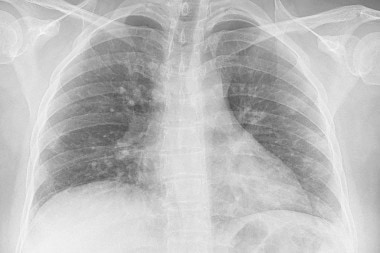Corticosteroids for patients hospitalized for community-acquired pneumonia (CAP) can lower the risk of death within 30 days by 28%, as published in The Lancet Respiratory Medicine. Researchers in the Netherlands analyzed 8 published trials that used risk-and-effect modeling and intent-to-treat to compare adjuvant corticosteroid treatment with a placebo in 3,224 hospitalized CAP patients. Of those studied, 7.6% (246 patients) died within 30 days of diagnosis (6.6% of 1,618 in the corticosteroid group vs 8.7% [140 …
Read More